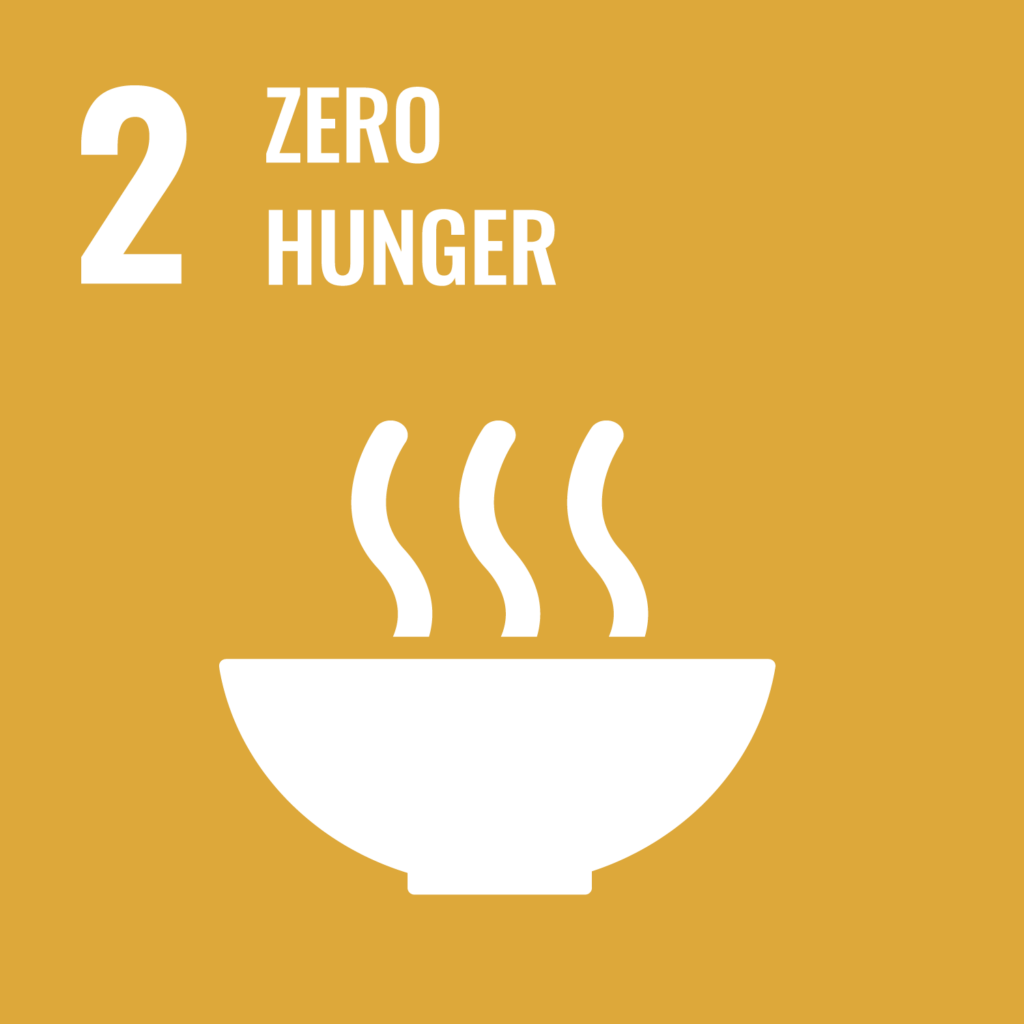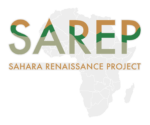SAREP and the Sustainable Development Goals
Solving Global Challenges
The holistic approach of SAREP, creating a circularized system and closing all loops, addresses almost all Sustainable Development Goals. This can be highlighted as unique characteristic in defferentiation to other projects and serves as a quality criteria. After all, SAREP´s aspiration is to offer an investment opportunity that is economically profitable, environmentally benign and socially accepted.

No Poverty
1.1.1, 1.4.1, 1.4.2.
By providing decently paid job opportunities and accommodation for employees including areas for subsistence farming, the project contributes to the reduction of poverty.

Zero Hunger
2.1.2, 2.4.1, 2.c.1.
With the reclamation of desert land and the cultivation of organic products, more land area is put under productive and sustainable use. Furthermore, the mandatory production of staple food on each plot increases food security.

Good Health and Well Being
3.8.1, 3.c.1
For the safety and health of the employees, health services are availabe in the settlements. With this, also the availability of health services in remote areas is increased.

Quality Education
4.3.1
To meet the high demand for skilled workforce, on-the-job trainings are provided. Additionally, a cooperation with local universities is planned to scientifically monitor certain aspects of the project.

Gender Equality
5.5.2
The project follows a transparent and non-discriminatory recruitment policy which offers equal opportunities for women to get into managerial positions.

Clean Water and Sanitation
6.1.1 6.4.1 6.4.2
The desalinated water not only is available for agricultural irrigation, but also is distributed to local end users to reduce the overall water stress of the region.

Affordable and Clean Energy
7.1.1 7.1.2 7.2.17.b.1
All appliances of the project are powered by renewable energies. Therefore, especially solar and wind power capacities are being developed.

Decent Work and Economic Growth
8.1.1 8.5.1 8.6.1 8.8.2
The overall project contributes to the general GDP growth. Decent salaries and labor conditions are additionally beneficial for the individual employees.

Industry, Innovation and Infrastructure
9.1.1 9.1.2 9.2.1 9.2.2 9.4.1 9.a.1
The development of the project requires large investments in infrastructure. This contributes to the development of remote areas and a new “green” industry sector.

Reduced Inequalities
10.1.1 10.2.1 10.4.1 10.b.1
SAREP reduces inequality within the country and in an international context by creating decently paid jobs and by mobilizing resources for development from “developed” countries.

Sustainable Cities and Communities
11.1.1
The provision of decent accommodation for employees leads to community development in a rural area.

Responsible Consumption and Production
12.2.1 12.6.1 12.a.1
The project will deliver large amounts of renewably sourced materials for different production processes and focuses on the utilization of by-products to minimize waste.

Climate Action
13.2.2
Via the agroforestry system, the project sequesters a large amount of carbon dioxide that is used for emission compensations.

Life below Water
–
For now, the only activity potentially interfering with maritime ecosystems is the desalination. Even if no material recovery from the brine is possible, the brine can be discharged in an unharming way. Thus, the project neither has any negative nor positive impact on the goal.

Life on Land
15.1.1 15.2.1 15.3.1
The project reclaims large amounts of desert land and creates a sustainably managed agroforestry system.

Peace, Justice and Strong Institutions
–
Through the development of settlements and decent work opportunities the foundations of social peace are reinforced. The project itself will only be conducted under the approval of the Mauritanian government and the traditional cultural leaders.

Partnerships for the Goals
17.1.2 17.3.1 17.11.1 17.17.1
For the realization of the project, intense cooperations between Mauritania and an European industry initiative have to be organized. The project itself has a positive impact on the domestic budget and increases the number of exports from Mauritania significantly.
